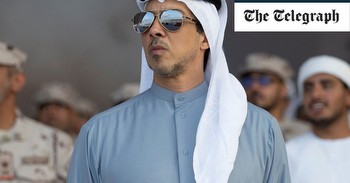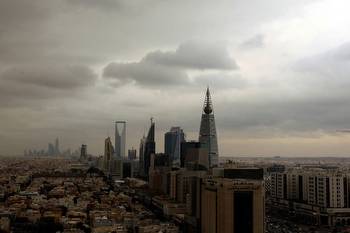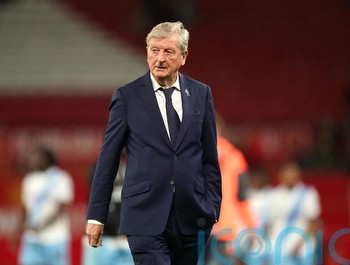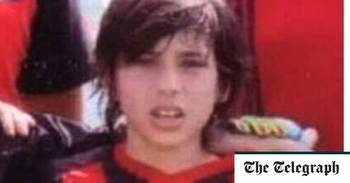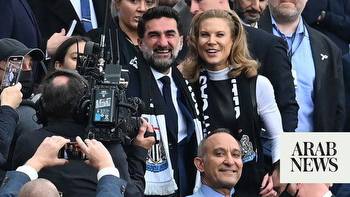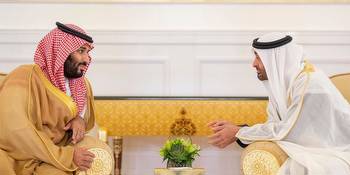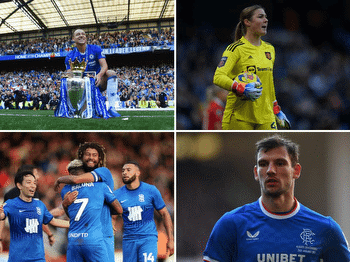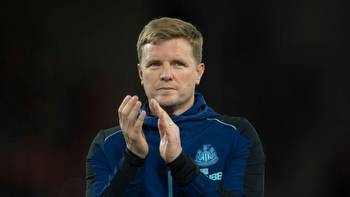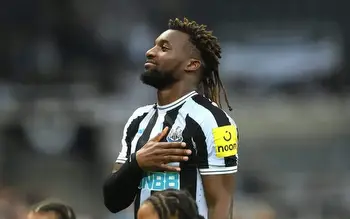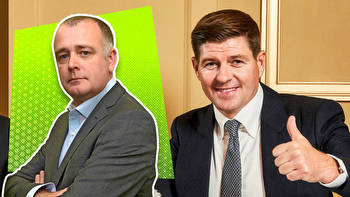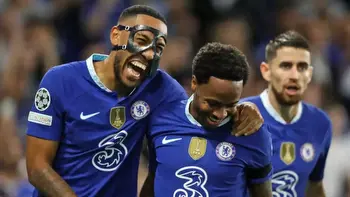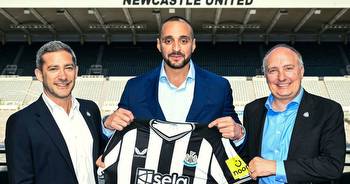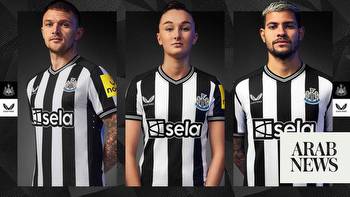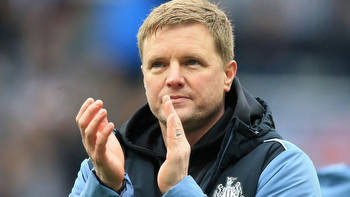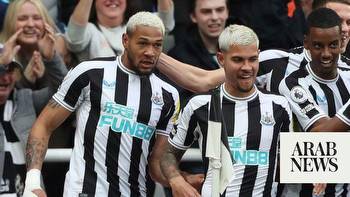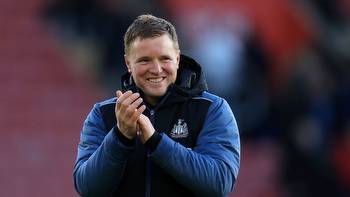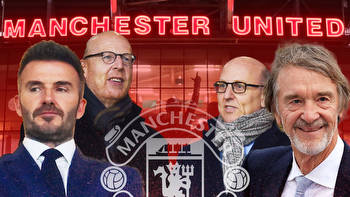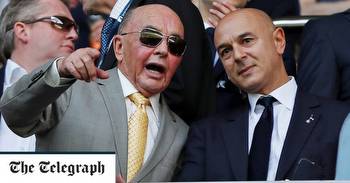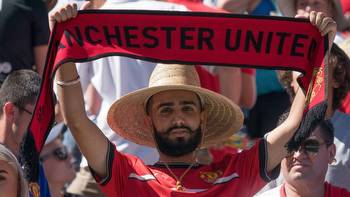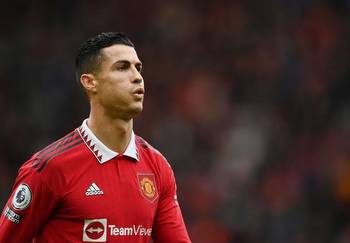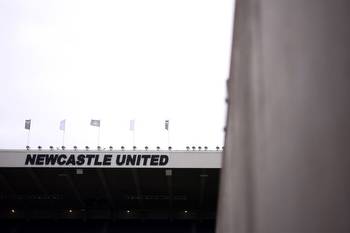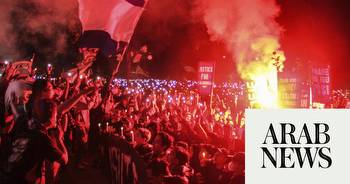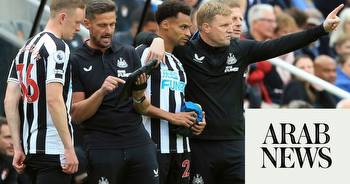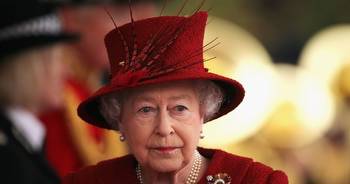Newcastle’s smart buys over big buys is sportswashing with a difference
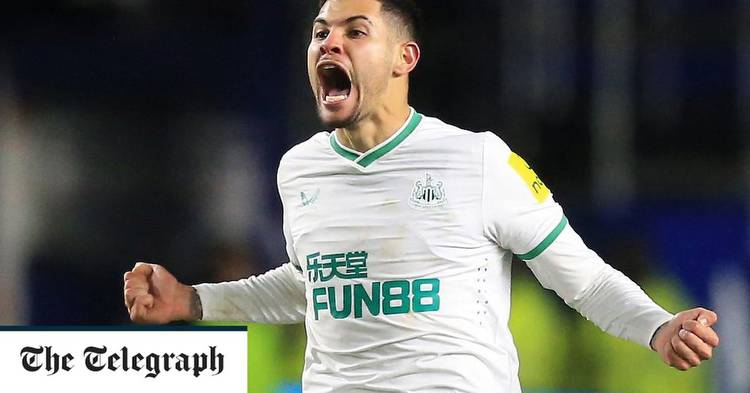
Newcastle United are one game away from the club’s first final of the 21st Century, and perhaps one final from their first major domestic trophy since 1955, which at about £250 million so far on transfer fees is relatively cheap by the standards of modern English football.
The richest club in the world, some say, although they have chosen not to behave that way. The Saudi Arabian sportswashing project, 15 months in, has a very different feel to the previous Middle East nation state takeovers. The first two iterations – Abu Dhabi in Manchester, Qatar in Paris – had the billionaire giddiness. The consortium led by th Saudi Public Investment Fund (PIF) is hoping to radiate something else: a reassuring competence, value for money – perhaps even an edgy status as the outsiders taking on the elite.
Of course none of this obscures the fate that befell the journalist Jamal Khashoggi at the hands of his Saudi state executioners. So too the reality of the 17 executions that coincided with the Saudi team’s World Cup group stage win over Argentina that took the kingdom to 130 executions for what football statisticians like to call the calendar year. Set against all that blood, including 81 executions in one day in March last year, you could say that the current Carabao Cup run is already doing some pretty heavy lifting in the global reputation market.
As ever the Saudi state is very keen to change its image, but not so keen that it wants to stop killing people.
Since October 2021’s takeover of Newcastle, a few more have joined the team of Crown Prince Mohammed bin-Salman. Lionel Messi’s Saudi tourism advert featured him earnestly hiking up a small hill during every break in Qatari television’s World Cup coverage. Cristiano Ronaldo is struggling by on £176 million a year in Riyadh. The Saudi state needs only to sign David Beckham to complete the set.
Yet none of the big names has been quite as potent for the Saudi image as the progress of Newcastle which has been achieved without simply acquiring the rights to mega-wattage football personalities. Instead, PIF has assembled a team of leading British talent whose skills have been honed on equally ambitious, albeit smaller, projects and are now ready for something much bigger. Not so much the players, but the senior staff.
There is the technical director Dan Ashworth, who rebuilt the Football Association’s England teams, laid the foundations for the Gareth Southgate era and then refined the Brighton project. Darren Eales, the chief executive, who steered the path for the immediate and considerable success that was the MLS start-up franchise Atlanta United. Eddie Howe, of course, saw it all at Bournemouth.
The next step is just as big. How do PIF build a team for Europe and the Premier League? In the past it was simpler for the billionaire arrivistes: you just bought a team, as Abu Dhabi did relentlessly at City in the early days. Now the rules are different and even the £40 million for the latest Newcastle acquisition, Anthony Gordon, is expected to have to come out the summer budget.
In keeping with Ashworth’s tried-and-tested approach, Newcastle have not budged in valuations. Gordon was quoted at £60 million in negotiations with Chelsea and eventually joined Newcastle for considerably less. Indeed it is Chelsea, under the Todd Boehly and Behdad Eghbali consortium, who have behaved much more like the archetypal throwback big spenders. Newcastle, with more ground to make up, have been much more circumspect.
To spend more, Newcastle will have to earn more – and to earn more they will have to pass the Premier League’s new regulations on related-party transactions, introduced in haste when the PIF took over. Barely a commercial deal of any note has been signed so far. The recent deal with Saudi Airlines was just to run the season – a short-term “official tour airline partner” – and much hangs on the new shirt sponsor to replace online bookmakers Fun88 in the summer.
It will be worth around £20 million a season, a long way off, for instance, the equivalent £47 million a year deal commanded by Manchester United in their doomed partnership with the German software company Team Viewer. Yet for Newcastle it will also be a case of who they can attract and what that says about the club, its owners and whether the market cares about all that comes with Saudi.
Remarkably, one of the interested parties is Qatar Airways, who are looking for a Premier League shirt deal. After all the Gulf antagonism, the blockade, the beIN signal pirating, the public rapprochements and the private fallouts could a Saudi-owned club really play with Qatar on their shirts? The answer is that anything feels possible between these squabbling siblings.
The next weeks will see if Newcastle under Howe can live with the pressure of winning a semi-final and perhaps a final, as well as keeping pace in the league. Beyond that the challenge just gets tougher. Howe’s squad beyond his core of 14 have been tested a few times and come up short, not least in the FA Cup. Nevertheless, it has to be said that this excellent manager has built a fine team, and now as the club prepares to return to European competition, he must add to it another dimension.
The received wisdom is that it will take years to turbo-charge Newcastle. The financial fair play controls and the strict regulations on commercial deals are such that the revenue base will have to be built slowly by PIF. So far that has not stopped the astonishing transformation under Howe but it does change the scope of what is possible in this window and the next. Saudi has not been able to invest with the extravagance that others have in the past – but in many ways that matters less to what happens next. The image of success, built slowly, against the odds, is just as potent for a kingdom that wants people to look at it differently.

